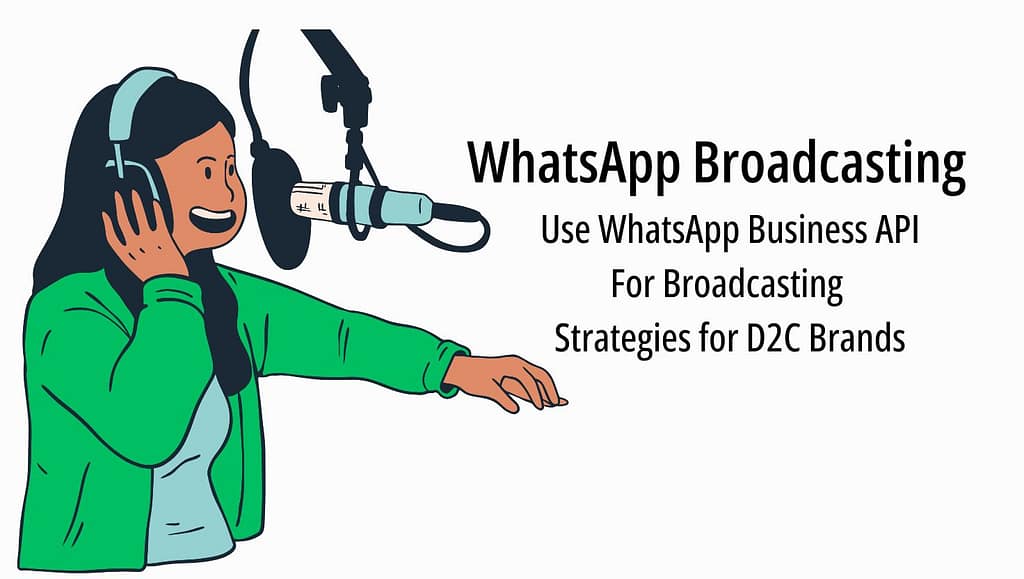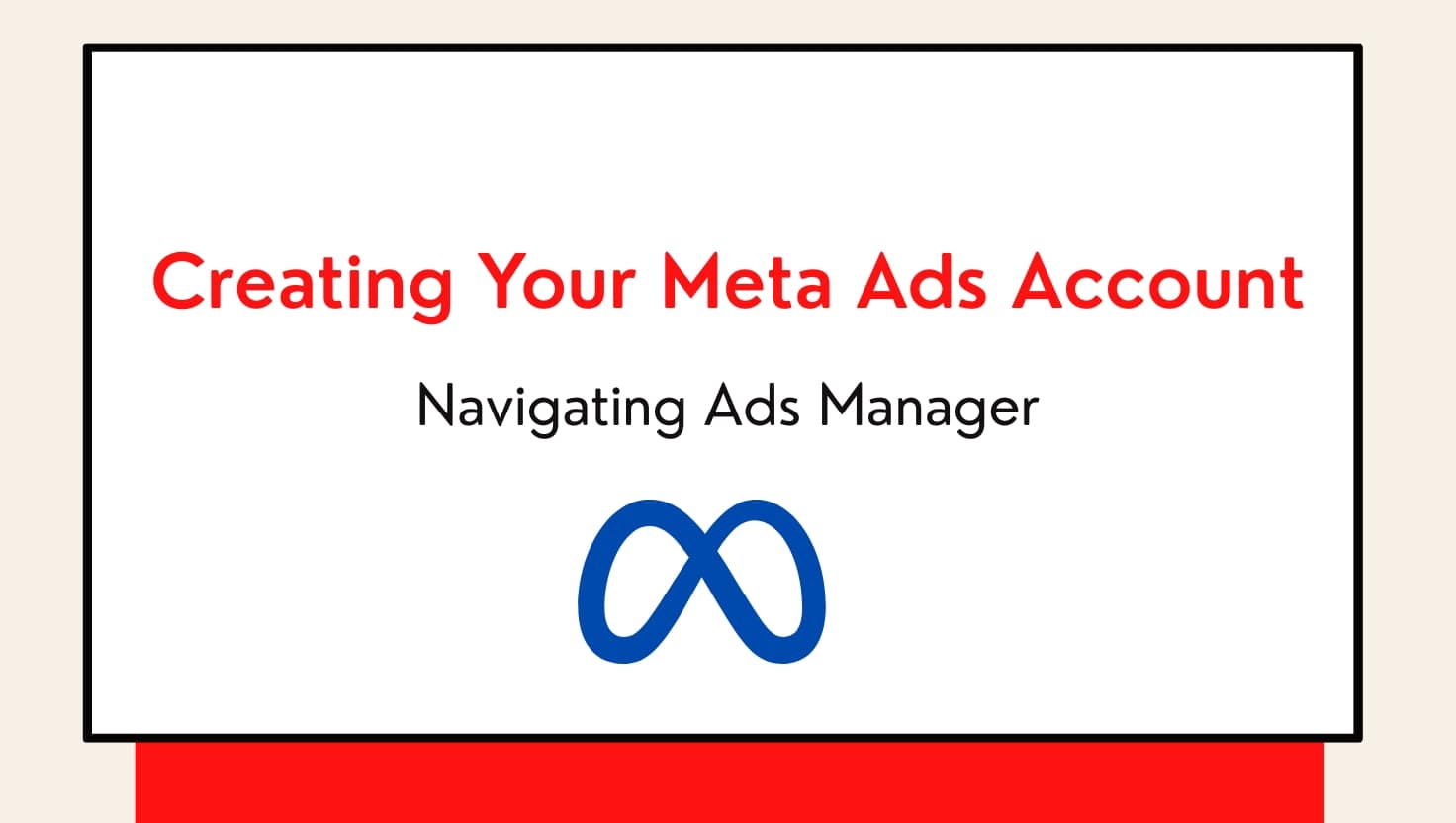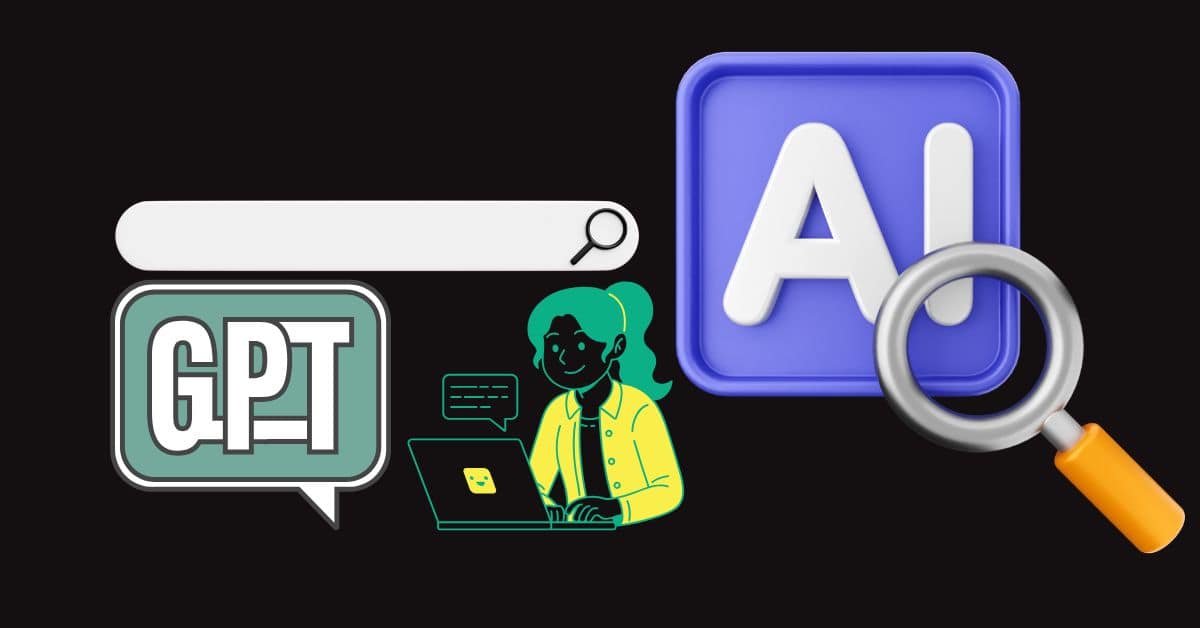WhatsApp broadcasting has revolutionized how D2C brands communicate with customers, delivering an unprecedented 98% open rate compared to email’s meager 20-22% and driving 40-50% higher conversion rates than traditional marketing channels.
With 3.14 billion monthly active users and 95% of messages read within 3 minutes, WhatsApp represents the most direct path to customer engagement in 2025.
However, the platform’s evolution from simple WhatsApp broadcast lists to sophisticated API-powered campaigns requires strategic understanding to maximize ROI while maintaining compliance.
Understanding WhatsApp Broadcasting: The Foundation of D2C Success
WhatsApp broadcasting enables businesses to send identical messages to multiple recipients simultaneously, with each recipient receiving the message in their private chat window. Unlike group messages where participants see each other, broadcasts maintain individual privacy while ensuring maximum reach and engagement.
WhatsApp Automation for D2C Brands: Unlock Sales and Engagement in 2025
The Critical Broadcasting Ecosystem
WhatsApp Broadcast List (Business App): Limited to 256 contacts per list, requiring recipients to have saved your number, suitable for small-scale operations.
WhatsApp Business API Broadcasting: Enterprise-grade solution offering tiered access from 1,000 to unlimited daily users, with advanced automation and template-based messaging.

Comprehensive comparison of WhatsApp broadcasting methods showing features, limits, and performance metrics for D2C brands
Performance Metrics That Demand Attention
The superiority of WhatsApp broadcasting for D2C brands becomes evident through exceptional engagement metrics. While email campaigns struggle with 10-15% response rates, WhatsApp broadcasts achieve 40-45% response rates, and surveys see 40-45% completion rates compared to email’s 10-15%.
Response Time Advantage: WhatsApp broadcasts deliver 60-second average response times compared to 60 minutes for email and 10 minutes for SMS, enabling real-time customer engagement.
Conversion Excellence: D2C brands consistently report 45-60% conversion rates through strategic WhatsApp broadcasting, with festive campaigns achieving 50% faster sales conversions compared to traditional channels.
WhatsApp Business API: Scaling Beyond Traditional Limits
The WhatsApp Business API transforms broadcasting from a simple communication tool into a sophisticated customer engagement platform, enabling WhatsApp broadcasting for D2C brands to reach enterprise-scale audiences while maintaining personalization.

Screenshot of a WhatsApp broadcast message from a business offering a discount, showing high read and reply rates from 304 customers
API Tier System: Strategic Scaling Framework
Tier 1 (Emerging Brands): Broadcast to 1,000 unique users daily, ideal for D2C startups building initial customer bases.
Tier 2 (Growing Businesses): Reach 10,000 unique users daily, suitable for established brands expanding market presence.
Tier 3 (Enterprise Scale): Message 100,000 unique users daily, designed for large D2C operations with extensive customer databases.
Tier 4 (Unlimited Reach): Unlimited broadcast capabilities for major brands requiring maximum scale and flexibility.
WhatsApp Marketing Strategies for D2C Brands: Unlock Growth with D2Ctoday
Template-Based Broadcasting: Compliance and Effectiveness
WhatsApp Business API requires pre-approved message templates for business-initiated conversations, ensuring compliance while enabling sophisticated campaign management. These templates fall into three critical categories that support comprehensive D2C WhatsApp strategies.
Marketing Templates: Promotional campaigns, product launches, abandoned cart recovery, seasonal offers.
Utility Templates: Order confirmations, shipping notifications, appointment reminders, account updates.
Authentication Templates: OTP codes, login confirmations, security alerts, verification messages.

Interface of DoubleTick app showing manual and bulk processes to create and send WhatsApp broadcast contact lists
Advanced Broadcasting Strategies for D2C Growth
Successful WhatsApp broadcasting for D2C brands requires sophisticated strategy implementation that leverages the platform’s unique capabilities while respecting user preferences and compliance requirements.
Segmentation Excellence: Precision Targeting
Behavioral Segmentation: Group customers based on purchase history, browsing patterns, and engagement levels to deliver highly relevant messaging that drives action.
Lifecycle Stage Targeting: Customize broadcasts for new leads, active customers, and loyalty program members, ensuring each message provides appropriate value and relevance.
Geographic Personalization: Leverage WhatsApp’s global reach while respecting local communication preferences and time zones for optimal engagement.
Content Optimization: Maximizing Impact
Personalization at Scale: Utilize customer data to create dynamic content that feels individually crafted, leveraging the fact that 75% of consumers prefer personalized communications.
Rich Media Integration: Incorporate images, videos, documents, and interactive elements within broadcast templates to create immersive experiences that drive engagement and conversions.
Clear Call-to-Action Design: Develop compelling CTAs that guide recipients toward desired actions, whether browsing catalogs, completing purchases, or engaging with customer service.

Customer journey mapping workflow illustrating branching based on message interaction and wait times_zoho
Real-World Success Stories: D2C Brands Leading with Broadcasting
Chumbak: Festival Campaign Excellence
Fashion brand Chumbak achieved remarkable 98% open rates and sold 35% of festive stock within 3 hours during their Diwali 2023 WhatsApp broadcast campaign, generating 30% more revenue than their previous email campaign.
Implementation Strategy: Targeted broadcast lists based on customer preferences, exclusive flash discounts, and real-time inventory updates through WhatsApp messaging.
Mamaearth: Pre-Launch Broadcasting Success
Beauty brand Mamaearth achieved 70% sell-through within 24 hours using strategic pre-launch WhatsApp broadcasts, demonstrating the power of anticipation-building campaigns.
Key Tactics: Segmented customer lists, exclusive early access offers, and personalized product recommendations based on purchase history.
Sugar Cosmetics: Cost-Effective Customer Acquisition
Cosmetics brand Sugar Cosmetics reduced customer acquisition costs to ₹150 through WhatsApp referral campaigns, showcasing the platform’s efficiency for D2C growth.
Strategic Approach: Broadcast-driven referral programs, loyalty rewards, and personalized discount codes shared through targeted messaging.

Multi-channel D2C brand performance dashboard showing revenue, orders, top products, and AI-driven marketing insights_dribbble
2025 Policy Updates: Navigating New Broadcasting Landscape
WhatsApp’s upcoming policy changes will significantly impact WhatsApp broadcasting strategies, requiring D2C brands to adapt their approaches for continued success.
Individual Account Limitations
Starting in 2025, WhatsApp will limit individual broadcasts to 30 messages per month, encouraging businesses to transition to professional solutions and reducing spam potential.
Alternative Channels: Users exceeding limits can utilize Status updates or Channels for broader reach while maintaining engagement capabilities.
Business Account Evolution
Business accounts will receive 250 customized broadcast messages free during the pilot period, with additional messages requiring payment as Meta monetizes advanced broadcasting features.
Enhanced Capabilities: New features include scheduled messaging, customized broadcast templates, and advanced analytics for campaign optimization.
Implementation Roadmap: Building Your Broadcasting Strategy
Phase 1: Foundation Setup (Weeks 1-2)
Platform Selection: Choose between WhatsApp Business App for basic needs (256 contact limit) or WhatsApp Business API for scalable operations (1,000+ daily reach).
Business Verification: Complete WhatsApp’s verification process, including business profile setup, contact information accuracy, and compliance documentation.
Audience Development: Build opt-in contact lists through website integrations, social media campaigns, and in-store promotions ensuring explicit consent for broadcast communications.
Phase 2: Content Strategy and Templates (Weeks 3-4)
Template Creation: Develop compelling message templates across marketing, utility, and authentication categories, following WhatsApp’s formatting guidelines and approval requirements.
Segmentation Implementation: Create detailed customer segments based on demographics, behavior, lifecycle stage, and engagement patterns for targeted messaging.
Compliance Framework: Establish processes for opt-in management, preference centers, and unsubscribe handling to maintain policy compliance and customer satisfaction.
Phase 3: Campaign Launch and Optimization (Weeks 5-8)
Pilot Campaigns: Launch small-scale broadcasts to test template performance, engagement rates, and conversion metrics before scaling operations.
Performance Monitoring: Track key metrics including delivery rates, open rates, response rates, and conversion performance to optimize campaign effectiveness.
Advanced Automation: Implement sophisticated workflows for abandoned cart recovery, customer re-engagement, and loyalty program communications.

WhatsApp mobile app interface showing the menu to create a new broadcast list under the “New broadcast” option_chatbot
Best Practices for Broadcast Excellence
Timing and Frequency Optimization
Peak Engagement Windows: Schedule broadcasts during high-activity periods when 95% of messages are read within 3 minutes, maximizing immediate engagement potential.
Frequency Balance: Maintain optimal messaging frequency to avoid customer fatigue while ensuring consistent brand presence and value delivery.
Time Zone Intelligence: Respect recipient locations and preferences by scheduling broadcasts for optimal local engagement times.
Content Quality and Relevance
Value-First Messaging: Ensure every broadcast provides genuine value through exclusive offers, useful information, or relevant updates that customers appreciate.
Conversational Tone: Maintain friendly, approachable communication that builds relationships rather than simply pushing sales messages.
Visual Appeal: Incorporate high-quality images, videos, and interactive elements that capture attention and encourage engagement.
Compliance and Customer Respect
Explicit Consent: Only add contacts who have explicitly opted in to receive broadcast communications, maintaining trust and compliance standards.
Easy Opt-Out: Provide clear, simple unsubscribe options in every broadcast to respect customer preferences and maintain positive relationships.
Privacy Protection: Ensure all customer data handling follows relevant privacy regulations and WhatsApp’s business policies.

Customer journey map illustrating Emotional Eric’s stages and thoughts when shopping for a new car _clay
Measuring Broadcasting ROI: Essential Metrics for D2C Success
Primary Performance Indicators
Delivery and Open Rates: Monitor successful message delivery and the exceptional 98% open rates that make WhatsApp broadcasting superior to traditional channels.
Engagement Metrics: Track response rates, click-through rates, and conversation initiation to understand audience engagement and content effectiveness.
Conversion Tracking: Measure direct sales, lead generation, and customer actions resulting from broadcast campaigns to calculate ROI accurately.
Advanced Analytics for Optimization
Customer Lifetime Value Impact: Assess how WhatsApp broadcasting influences CLV increases of up to 30% and customer acquisition cost reductions of 50%.
Segmentation Performance: Compare engagement and conversion rates across different customer segments to optimize targeting and personalization strategies.
Campaign Attribution: Implement tracking systems to understand the full customer journey from broadcast message to final conversion.
Future-Proofing Your Broadcasting Strategy
Emerging Trends and Technologies
AI-Powered Personalization: Advanced algorithms will enable even more sophisticated message customization based on individual customer preferences and behaviors.
Voice Message Integration: Future broadcasting capabilities may include voice messages and interactive audio content for enhanced engagement.
Cross-Platform Orchestration: Integration with Instagram, Facebook Messenger, and other Meta properties will create unified omnichannel broadcasting experiences.
Strategic Adaptations for 2025 and Beyond
Compliance Evolution: Stay ahead of changing regulations and platform policies by implementing flexible systems that adapt to new requirements.
Content Innovation: Continuously experiment with new content formats, interactive elements, and engagement techniques to maintain competitive advantages.
Technology Integration: Leverage emerging tools and integrations that enhance broadcasting capabilities while maintaining the personal touch that makes WhatsApp effective.
The evidence overwhelmingly supports WhatsApp broadcasting as the premier engagement channel for D2C brands, delivering 98% open rates, 45-60% conversion rates, and the ability to increase CLV by 30% while reducing acquisition costs by 50%.
The WhatsApp Business API enables scaling beyond the 256 contact limit of basic broadcast lists, providing enterprise-grade capabilities that drive measurable business growth.
Let’s Build Something Great Together
Have an idea, a question, or just want to explore how we can help your brand grow?
FAQs
1. What’s the difference between WhatsApp broadcast lists and WhatsApp Business API broadcasting?
WhatsApp broadcast lists in the Business App are limited to 256 contacts per list and only reach contacts who have saved your number, making them suitable for small-scale operations. WhatsApp Business API broadcasting offers tiered access from 1,000 to unlimited daily users, requires pre-approved templates for compliance, and enables advanced automation and analytics.
For WhatsApp broadcasting for D2C brands seeking growth, the API provides enterprise-grade capabilities including personalization, segmentation, and integration with business systems that basic broadcast lists cannot support.
2. How do the new WhatsApp broadcasting limits in 2025 affect D2C brands?
WhatsApp will limit individual accounts to 30 messages per month starting in 2025, but business accounts will receive 250 customized broadcast messages free during the pilot period.
This change encourages D2C brands to transition to professional WhatsApp Business API solutions that offer enhanced features like scheduled messaging, advanced templates, and detailed analytics.
Brands using basic broadcast lists should plan migration to API-based solutions to maintain scalable broadcasting capabilities and access new premium features.
3. What open rates and conversion rates can D2C brands expect from WhatsApp broadcasting?
WhatsApp broadcasting consistently delivers 98% open rates compared to email’s 20-22%, with 95% of messages read within 3 minutes. D2C brands typically achieve 45-60% conversion rates through strategic broadcasting, which is 40-50% higher than email or SMS campaigns.
Survey response rates reach 40-45% compared to email’s 10-15%, while response times average 60 seconds versus 60 minutes for email. These superior metrics make WhatsApp broadcasting the most effective direct marketing channel for D2C customer engagement.
4. How can D2C brands ensure compliance with WhatsApp broadcasting policies?
Successful WhatsApp broadcasting for D2C brands requires explicit opt-in consent from all recipients, as only contacts who saved your number receive broadcast messages in basic lists. For WhatsApp Business API broadcasting, use pre-approved message templates across marketing, utility, and authentication categories to ensure compliance.
Implement clear unsubscribe options, respect messaging frequency guidelines, and maintain accurate business profiles with customer support information.
Regular policy review and adaptation to WhatsApp’s evolving guidelines protect your broadcasting capabilities while maintaining customer trust.
5. Which WhatsApp Business API tier should D2C brands choose for broadcasting?
Tier selection depends on your daily broadcasting volume and growth plans. Start with Tier 1 (1,000 daily users) for emerging D2C brands building initial customer bases, then progress to Tier 2 (10,000 daily users) as you expand.
Established brands with extensive databases benefit from Tier 3 (100,000 daily users), while major D2C operations require Tier 4 (unlimited reach) for maximum flexibility.
Consider your current customer base, growth projections, and campaign frequency when selecting tiers, as you can upgrade as your WhatsApp broadcasting needs evolve with business growth.









